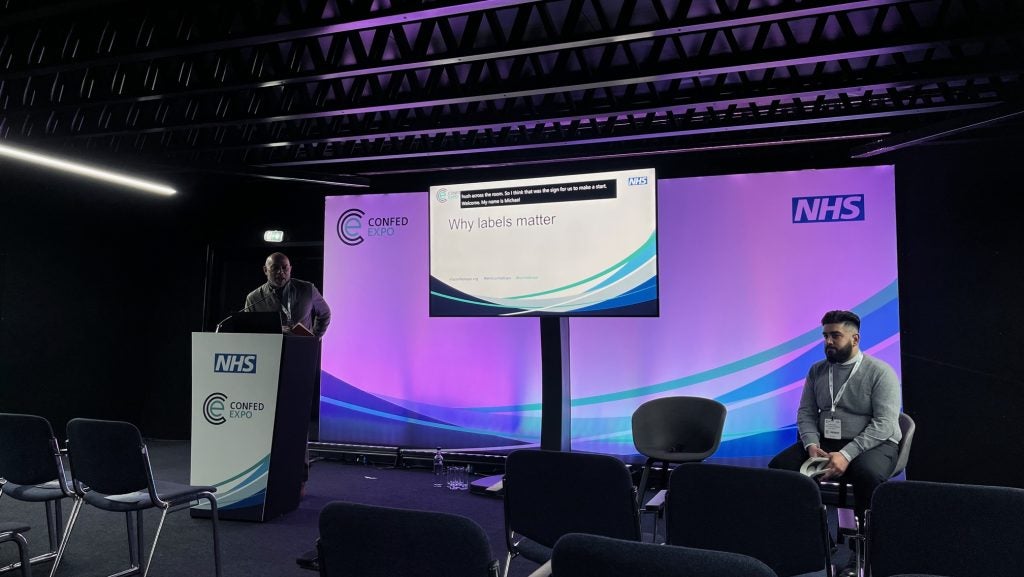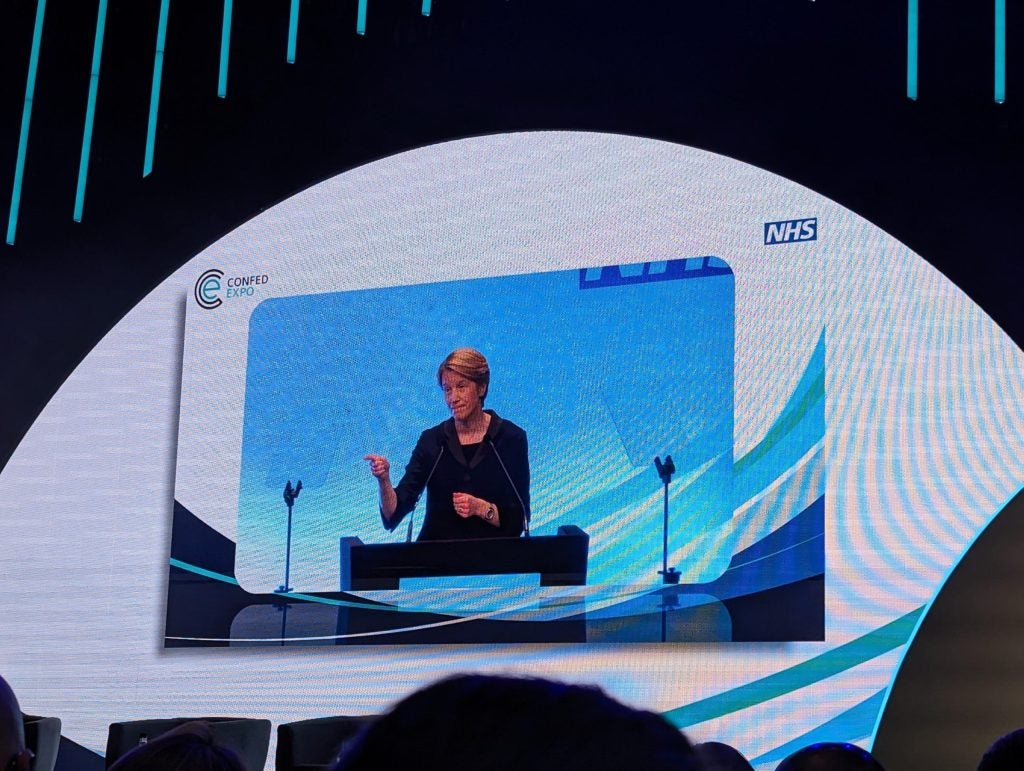There has been limited innovation in how prescribed drugs are labelled. But as the awareness around accessibility and patients’ individual needs gain traction, novel strategies can make a significant difference for both patient safety and economic savings.
There are an estimated 237 million medication errors every year in England. However, this isn’t just a country-specific problem. Many countries have bilingual communities, and patients with complex learning needs. However, not many have specific legislation when it comes to the information that is provided on drug boxes, experts discussed at the ongoing NHS ConfedExpo conference in Manchester, UK.
In 2012, Ghalib Khan, an NHS innovation accelerator fellow, developed a solution called Written Medicine. Described as “your online pharmacist”, the service provides bilingual dispensing labels in patients’ language of choice, and pictograms to better understand how the drugs are taken.
Written Medicine’s Digital Technology Assessment Criteria (DTAC) accredited software is used by pharmacies and hospitals to translate and print medication information, instructions, and warnings. Drawn from a dataset of 3,500 phrases, printed labels are available in fifteen different languages.
According to Adam Khimji, deputy chief pharmacist at Birmingham Women’s and Children’s NHS Foundation Trust, the bilingual labels are supporting patients to take ownership of their treatment – giving them a better understanding of how to take their prescribed medications. The solution is helping to reduce errors, improve medication adherence, and enhance patient safety and experience.
“For me, written medicine wasn't simply a piece of software. It gave us a paradigm shift, shifted the way we looked at things, and allowed us to understand patients in a way that they needed us to understand them in,” said Khimji.
Khimji described specific cases that can benefit from Written Medicine: “Some languages don't have words for suppository or pessary. And actually, they are taboo words as well. Explaining those in the appropriate way is so important. That's not something you're going to get off Google Translate in any way, shape, or form.”
Michael Brady, national advisor, LGBT Health, NHS England, and deputy director of patient equalities at NHS England highlighted the implications of proper labelling for HIV patients: “Adherence, like in any other chronic condition is essential. The information that we give to patients, both verbally, and on the labels that we give them is crucial.”
The software is already used by several NHS trusts, such as University Hospitals Birmingham NHS Foundation Trust, Bedfordshire Hospitals NHS Foundation Trust, and East London NHS Foundation Trust.
















